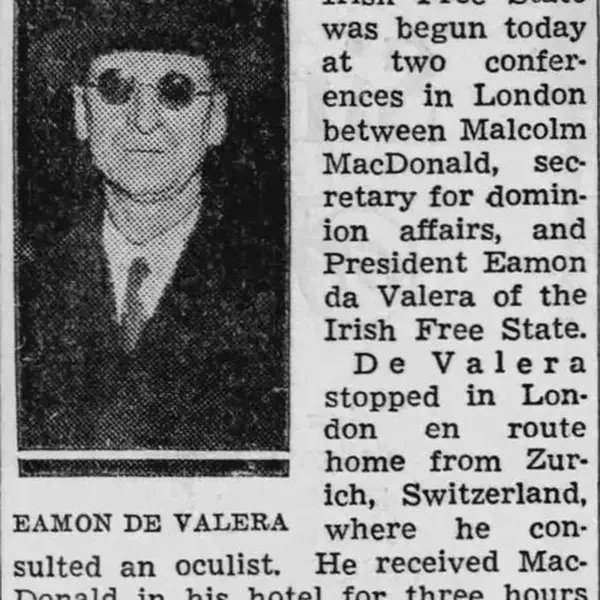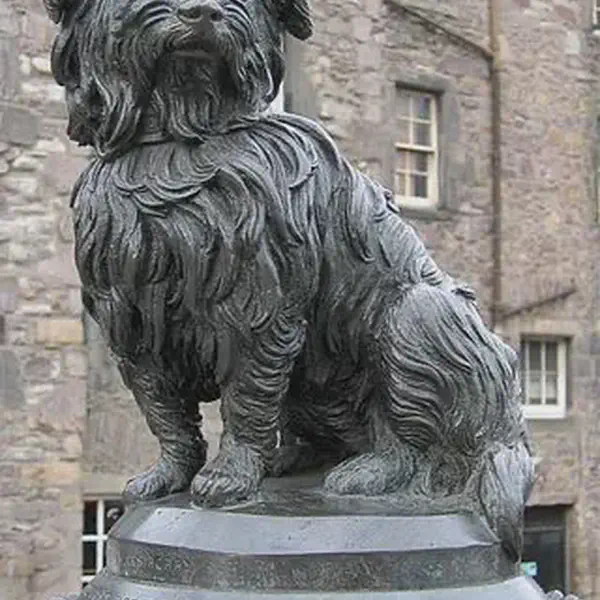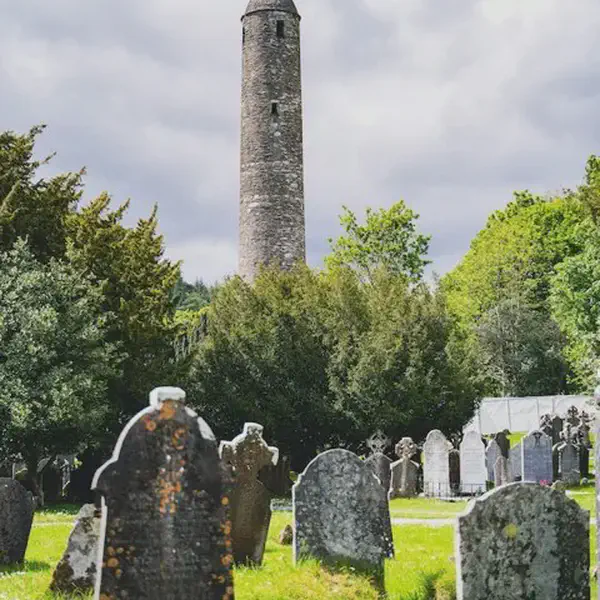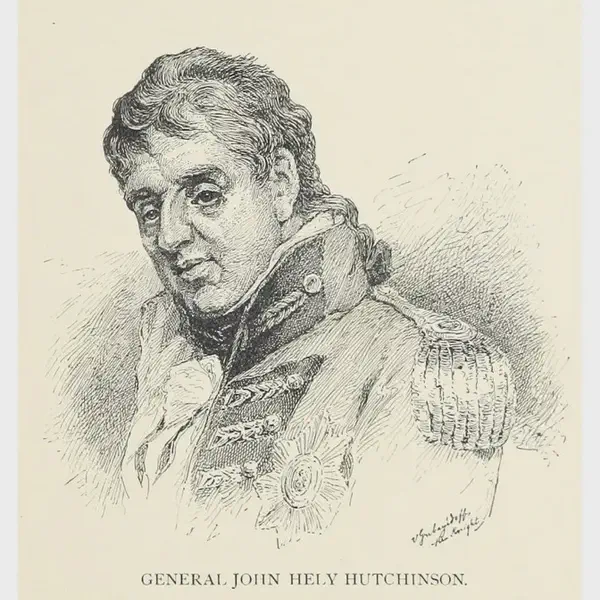Browse all events for January 14.

Eamon de Valera new 1937 Irish Constitution
Eamon de Valera, the prominent Irish statesman and political leader, introduced a new constitution for Ireland in 1937. This constitution is officially known as the “Constitution of Ireland” or “Bunreacht na hÉireann” in the Irish language. It replaced the previous constitution of the Irish Free State, which had been in place since 1922. Here are some key points about the 1937 Irish Constitution:

Greyfriars Bobby, a Skye Terrier dog, died
Greyfriars Bobby was a Skye Terrier dog known for his remarkable and heartwarming story. While the exact date of his death is often debated, it is generally believed that he died in 1872 or 1873. His story has become a part of Scottish folklore and is celebrated as a symbol of loyalty and devotion.

Alexander Sullivan, the last King's Serjeant of Ireland born
Alexander Sullivan, the barrister and last King’s Serjeant of Dublin, Ireland, was born in Dublin. The King’s Serjeant was a legal officer in Ireland, and the position held historical significance in the legal system of Ireland.

John Hely-Hutchinson, Provost of Trinity College duels with William Doyle
John Hely-Hutchinson, while serving as the Provost of Trinity College in Dublin, engaged in a notable duel with William Doyle. This duel arose from disputes related to abusive newspaper articles.

George Berkeley, Irish philosopher and Anglican bishop, died
George Berkeley (March 12, 1685 – January 14, 1753), also known as Bishop Berkeley, was an influential Irish philosopher whose primary philosophical achievement is the advancement of what has come to be called subjective idealism, summed up in his dictum, Esse est percipi (To be is to be perceived).

Bonnie Prince Charlies army leaves Glasgow
Bonnie Prince Charlie’s army left Glasgow, is part of the broader historical context of the Jacobite Uprising of 1745, also known as the ‘45 Rebellion or the Jacobite Rebellion of 1745. Here are some key points related to this event:

Alexander III, King of Scots, chaired an Assembly at Holyrood to settle dispute
Alexander III, King of Scots, chaired an Assembly at Holyrood at which he settled a dispute between the Sheriff of Perth and the Abbey of Dunfermline.